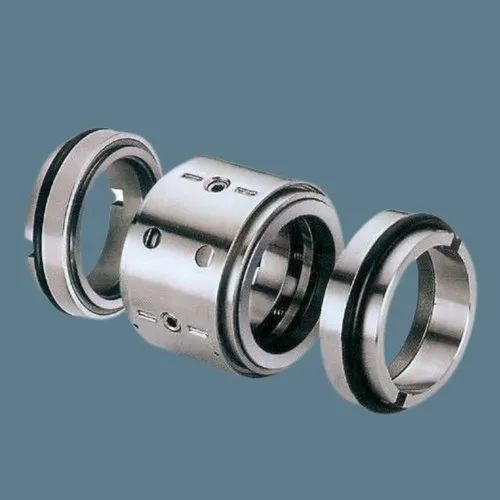Mechanical seals are critical components in many industrial applications, including pumps, compressors, and mixers. They are designed to prevent leakage of fluids and gases and to maintain the integrity of the system. However, mechanical seals can fail for various reasons, leading to costly downtime, repairs, and even safety hazards. In this article, we will explore the top reasons for mechanical seal failure and provide practical tips on how to prevent them.
- Improper Installation
One of the most common causes of mechanical seal failure is improper installation. If the seal is not installed correctly, it can lead to misalignment, excessive vibration, and premature wear. To avoid this, it is essential to follow the manufacturer’s instructions carefully and use the correct tools and techniques. It is also crucial to ensure that the seal is properly lubricated and that there are no contaminants or debris in the sealing area.
- Wear and Tear
Mechanical seals are subject to wear and tear over time, especially in high-pressure and high-temperature applications. The seal faces can become worn or pitted, leading to leakage and reduced efficiency. To prevent this, it is essential to use high-quality seals that are designed for the specific application and to replace them regularly before they fail.
- Contamination
Contamination is another significant cause of mechanical seal failure. Dirt, debris, and other particles can enter the sealing area, causing abrasion, corrosion, and damage to the seal faces. To prevent contamination, it is essential to maintain a clean and dry environment and to use appropriate filtration and straining systems.
- Improper Operation
Improper operation of the equipment can also lead to mechanical seal failure. This can include running the equipment at the wrong speed, using the wrong lubricants or fluids, or operating the equipment outside of its design parameters. To prevent this, it is essential to follow the manufacturer’s recommendations for operation and maintenance and to monitor the equipment regularly for signs of wear or damage.
- Thermal Shock
Thermal shock can occur when there is a sudden change in temperature, causing the seal faces to expand or contract rapidly. This can lead to cracking, distortion, or other damage to the seal faces. To prevent thermal shock, it is essential to use seals that are designed for the specific temperature range and to avoid sudden changes in temperature whenever possible.
In conclusion, mechanical seal failure can have significant consequences for industrial equipment and processes. By understanding the top reasons for failure and taking proactive steps to prevent them, operators can reduce downtime, improve efficiency, and enhance safety. Proper installation, regular maintenance, and the use of high-quality seals are essential for ensuring the longevity and reliability of mechanical seals in industrial applications.

